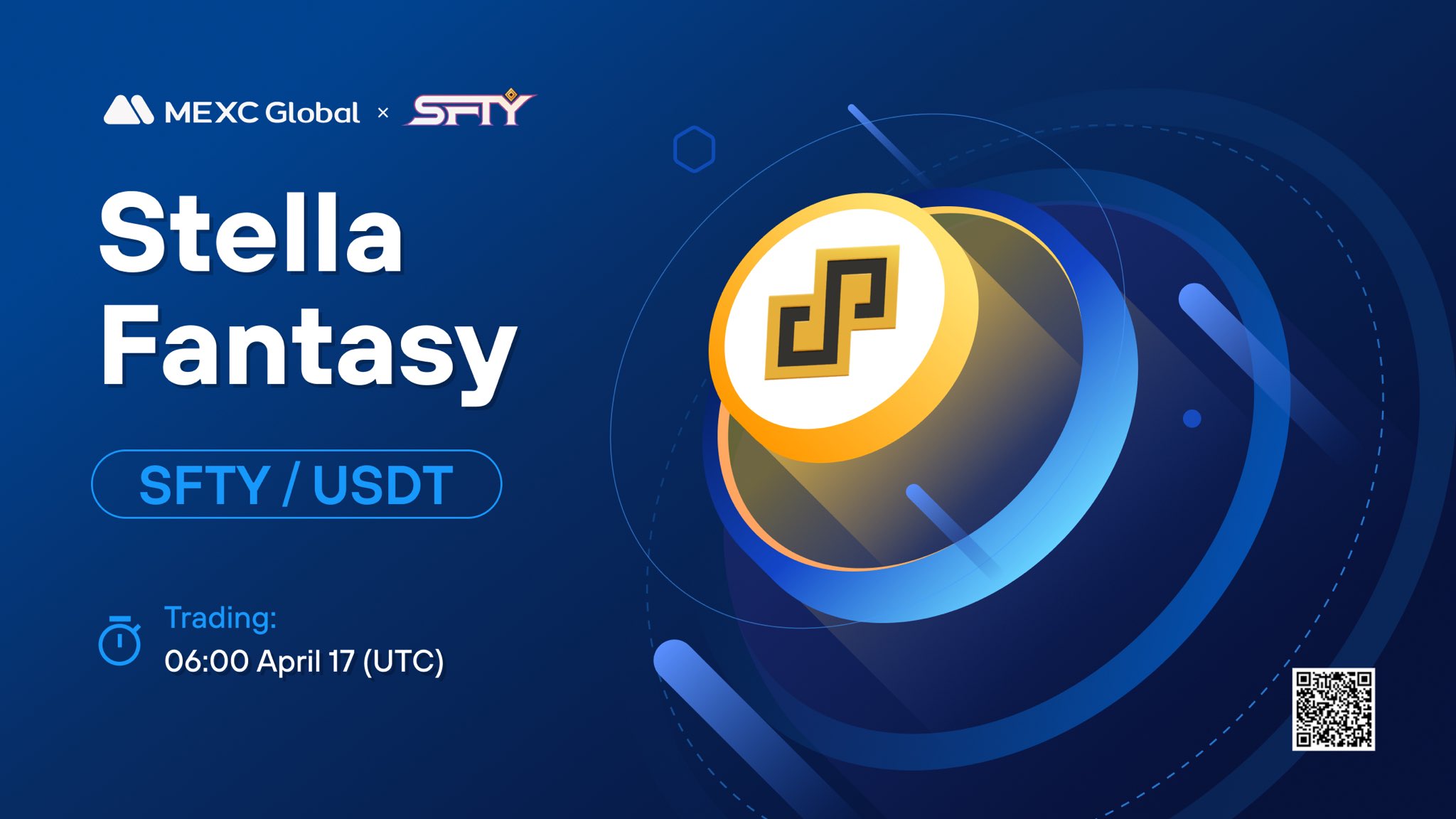The cryptocurrency world is no stranger to controversy, but the recent partnership between BitGo, a prominent digital asset trust and security company, and BiT Global, a Justin Sun-backed platform, has stirred a new wave of panic within the community. The partnership, which grants BiT Global control over two of the three Wrapped Bitcoin (WBTC) private keys, has led to widespread concern due to Justin Sun’s controversial history in the crypto space. This article delves into the details of the partnership, the reasons behind the community’s fears, and the broader implications for the stability and trust in the cryptocurrency ecosystem.

The Partnership: A Strategic Move or a Risky Bet?
BitGo is a well-known entity in the cryptocurrency world, providing institutional-grade custody and security solutions for digital assets. One of its flagship services is the custody and issuance of Wrapped Bitcoin (WBTC), an ERC-20 token that represents Bitcoin on the Ethereum blockchain. WBTC is a popular asset in the decentralized finance (DeFi) space, allowing Bitcoin holders to participate in Ethereum-based DeFi protocols while retaining the value of their BTC.
Recently, BitGo entered into a partnership with BiT Global, a platform backed by the controversial cryptocurrency entrepreneur Justin Sun. As part of this partnership, BiT Global has been granted control over two of the three private keys that govern WBTC. In a multi-signature (multi-sig) setup like this, the control of two out of three keys is sufficient to authorize transactions and move the underlying assets. This essentially gives BiT Global significant control over the WBTC supply.
While partnerships in the cryptocurrency space are common, this particular alliance has raised eyebrows due to the involvement of Justin Sun, whose past actions and reputation have been the subject of much debate and skepticism.
Who is Justin Sun?
To understand why the partnership has caused such an uproar, it’s essential to look at the figure at the center of the controversy: Justin Sun. Sun is the founder of Tron, a blockchain platform that aims to decentralize the internet. He has been a prominent figure in the cryptocurrency world for several years, known for his aggressive marketing tactics, high-profile acquisitions, and bold claims about the future of Tron.
However, Sun’s reputation is marred by a series of controversies. Critics have accused him of using deceptive marketing practices, making exaggerated claims about Tron’s capabilities, and engaging in questionable business tactics. Sun’s involvement in several pump-and-dump schemes, where the value of a cryptocurrency is artificially inflated before being sold off, leaving investors with significant losses, has further tarnished his image.
Moreover, Sun’s acquisition of BitTorrent, a popular peer-to-peer file-sharing platform, and the subsequent launch of the BitTorrent Token (BTT) raised concerns about the exploitation of established brands for personal gain. His flashy marketing stunts, including a $4.6 million bid to have lunch with Warren Buffett, have been criticized as attempts to boost his public profile rather than contribute to the development of the cryptocurrency industry.
Given this history, it’s no surprise that the news of BiT Global’s control over WBTC private keys has sparked anxiety among crypto enthusiasts and investors.
His past actions and controversies have raised doubts about his intentions and commitment to the principles of decentralization. Some of the most notable criticisms leveled against Sun include:
- Centralization of Tron: Tron has been accused of being highly centralized, with Sun and his associates maintaining significant control over the network. This has led to concerns about the network’s long-term sustainability and resilience to censorship.
- Alleged Plagiarism: Sun and Tron have faced allegations of plagiarism, with critics claiming that the whitepaper and code for Tron were largely copied from Ethereum. This has raised questions about the originality and innovation of the Tron project.
- Controversial Marketing Tactics: Sun has been known for his aggressive marketing tactics, including partnerships with celebrities and sports teams. Some critics argue that these tactics are aimed at creating hype and attracting speculative investors rather than fostering genuine adoption and development.
Community Concerns: The Risks of Centralization and Control
The central issue at the heart of the controversy is the level of control that BiT Global, and by extension Justin Sun, now has over WBTC. In a decentralized ecosystem, the concentration of power in the hands of a single entity, particularly one with a controversial background, is seen as a significant risk.
The multi-signature setup for WBTC was designed to ensure that no single party could unilaterally control the token. By requiring multiple keys to authorize transactions, the system was meant to safeguard against misuse, fraud, and other malicious activities. However, with BiT Global holding two of the three keys, the balance of power is tipped heavily in its favor. This means that BiT Global can effectively control the movement and management of a substantial amount of WBTC, potentially influencing the broader cryptocurrency market.
The concerns are not just theoretical. If BiT Global were to misuse this power, it could lead to severe consequences for WBTC holders and the wider crypto market. The ability to manipulate the supply of WBTC, execute large transactions without oversight, or even compromise the integrity of the token itself could have a destabilizing effect on the DeFi space, where WBTC plays a crucial role.
Transparency and Trust: The Core of the Panic
The cryptocurrency community thrives on the principles of transparency, decentralization, and trustless transactions. These principles are the foundation upon which the industry has built its identity, offering an alternative to traditional financial systems that are often criticized for their opacity and centralization.
The BitGo-BiT Global partnership is seen by many as a step backward in this regard. The perceived lack of transparency in the decision-making process and the potential for centralization of power in the hands of a single entity are alarming to those who value the decentralized nature of cryptocurrencies. The partnership has led to questions about BitGo’s decision to entrust such significant control to BiT Global and whether the risks were fully considered.
In the absence of clear communication from both BitGo and BiT Global about the safeguards in place to prevent misuse, the community’s trust has been shaken. The fear is that the partnership could set a dangerous precedent, where control over vital aspects of the cryptocurrency ecosystem is handed over to entities with questionable intentions.
The Broader Implications for the Crypto Ecosystem
The fallout from the BitGo-BiT Global partnership goes beyond WBTC and Justin Sun. It has highlighted broader concerns about the direction in which the cryptocurrency industry is heading. As the space continues to grow and attract more institutional interest, the balance between decentralization and centralization is becoming increasingly difficult to maintain.
On one hand, partnerships like the one between BitGo and BiT Global can bring increased liquidity, adoption, and mainstream acceptance to cryptocurrencies. On the other hand, they can also introduce risks related to centralization, regulatory scrutiny, and market manipulation.
The controversy has sparked a debate within the community about the role of major players in the industry and the need for stronger governance and accountability mechanisms. It has also underscored the importance of maintaining the core principles of decentralization and transparency, even as the industry evolves and matures.
Potential Consequences and the Path Forward
The reaction to the BitGo-BiT Global partnership serves as a reminder of the delicate balance that must be maintained in the cryptocurrency ecosystem. If the community’s concerns are not addressed, there could be several consequences:
- Loss of Trust in WBTC: WBTC is a widely used asset in the DeFi space, and any loss of trust in its integrity could have ripple effects throughout the ecosystem. Investors and DeFi platforms might begin to distance themselves from WBTC, opting for alternatives that are perceived as safer and more transparent.
- Increased Scrutiny from Regulators: The partnership could draw the attention of regulators who are already wary of the cryptocurrency industry’s lack of oversight. If BiT Global were to misuse its control over WBTC, it could lead to calls for stricter regulations and oversight, potentially stifling innovation and growth in the space.
- Pressure on BitGo: BitGo’s reputation as a trusted custodian and security provider could be at risk if the partnership backfires. The company may face pressure from the community to reassess its decision and implement additional safeguards to protect WBTC holders.
To move forward, it will be crucial for both BitGo and BiT Global to address the concerns of the community transparently and proactively. This could involve providing more detailed information about the partnership, the security measures in place, and the steps being taken to ensure that WBTC remains a safe and reliable asset.
Conclusion
BitGo’s partnership with BiT Global has ignited a heated debate within the cryptocurrency community. While the partnership may offer certain benefits to BitGo and BiT Global, it also raises significant concerns about centralization, security, and the long-term sustainability of WBTC.
Personal Note From MEXC Team
Check out our MEXC trading page and find out what we have to offer! There are also a ton of interesting articles to get you up to speed with the crypto world. Lastly, join our MEXC Creators project and share your opinion about everything crypto! Happy trading! Learn about interoperability now!
Join MEXC and Get up to $10,000 Bonus!
Sign Up


